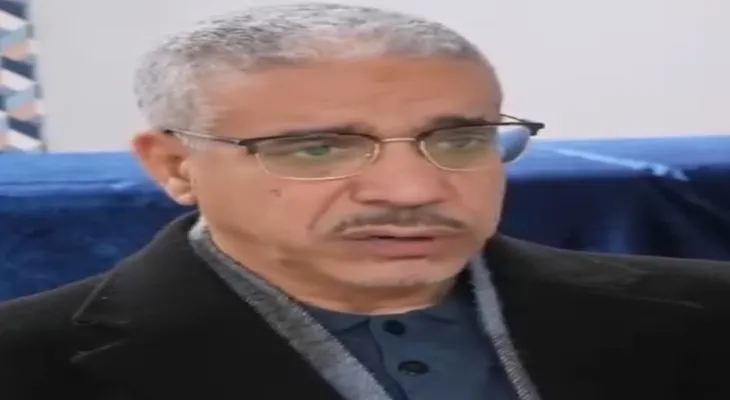Search here
Newspaper
Search here

Arab Canada News
News

Published: June 30, 2025
Aziz Rabbah
Monday, June 30, 2025
The Afrobarometer research network, which specializes in public opinion polling in Africa regarding democracy, governance, and quality of life since 1999, conducted a survey in February 2024 about the interests and opinions of Moroccan youth.
This survey was based on interviews with a representative sample of youth nationwide, comprising 1,200 young people. According to the report, the sample allows for obtaining good results with an acceptable margin of error.
The recently published survey report highlighted that the main priorities and concerns of youth mainly focus on social issues, such as employment at 70%, cost of living at 47%, drought at 44%, education at 44%, health at 29%, and poverty at 11%.
The report detailed worrying outcomes related to unemployment and migration, which should be taken into account with the necessary seriousness.
Unemployment among Moroccan youth poses a significant challenge for them and for the state as well, representing a major concern for families, as there are large percentages of young people who are not engaged in the labor market among individuals aged 18 to 35.
The survey confirms the findings of the Economic and Social Council report published in May 2024, which indicated that about four million three hundred thousand (4.3 million) youth aged 15 to 34 are neither working nor studying nor training (NEET). An article has previously been dedicated to the responsibility of all of us, without exception, in the development of this crisis and also in its resolution.
The report includes important indicators, some of which are concerning regarding unemployment.
The economically inactive group constitutes 42%, among them 21% are students and 21% are job seekers.
As for the youth who are working, 63% of them are self-employed, meaning they are professionals or employees in the private sector. Additionally, 25% of young people work full-time and 12% part-time.
Their job search orientations vary, where 47% of them aspire to start their own projects, 31% prefer to work in the public sector, and only 13% prefer to work as employees in the private sector and civil society. This is a very important fact as 60% of them prefer private investment projects, while very few want to be employees.
Regarding the difficulty of finding work, the youth attribute it to a range of factors related to their weak preparation for the labor market, such as the mismatch between acquired skills and the labor market at 34%, lack of practical experience at 18%, weak professional skills or lack of motivation at 15%, and refusal of certain jobs at 9%.
As for migration, Moroccan youth have shown increased interest in it, with 28% stating that they have "thought a lot" about leaving the country, and 15% said they have thought about it "to some extent." In contrast, only 36% stated that they have not thought about it.
The social situation is considered the main driver for migration in search of better job opportunities at 54%, and escaping economic problems or poverty at 18%. Meanwhile, 14% wish to continue their education and 12% seek better business opportunities.
However, we must conclude with a bright point that should also be acknowledged and cherished. The survey indicated that despite all the challenges, most youth expressed optimism regarding the general direction of the country, with 73% stating that Morocco is moving in the right direction.
This confirms two very important matters:
First: that the confidence in the future remains high among youth, which necessitates working with the necessary seriousness to consolidate this trust and interact with it through the proper implementation of all national and local strategies, plans, and programs to achieve their objectives.
Second: the pessimistic youth group regarding the future, which constitutes 27%, must be addressed with more vigilance by preparing urgent programs that involve everyone without exception, from state institutions to civil society. And for these young people to understand the challenges in a positive and beneficial dynamic, efforts must be made to close all doors and windows to external and internal infiltration and sabotage.
"Everyone is a shepherd, and everyone is responsible for their flock."
Comments